

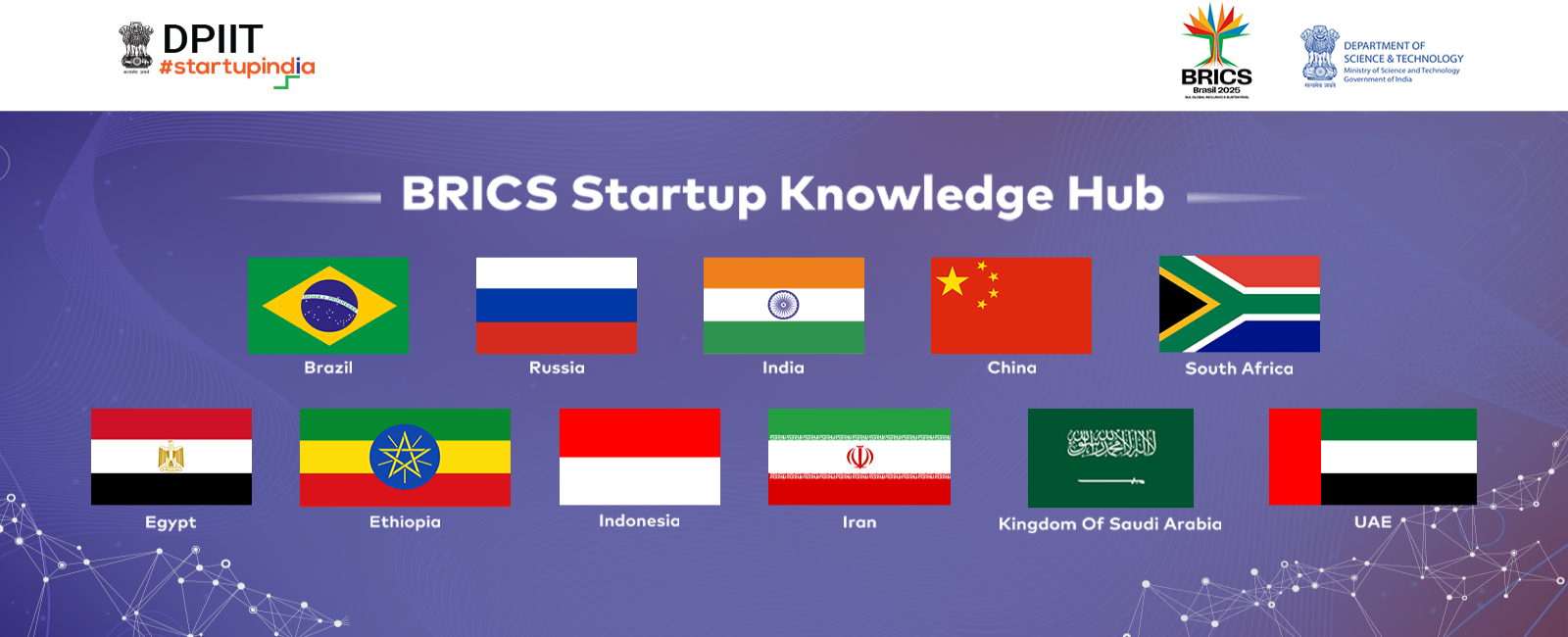
BRICS is a pivotal grouping that has emerged as a powerful force in shaping the global economic landscape, dedicated to fostering cooperation in areas such as trade, investment, technology, and global governance. Initially comprising Brazil, Russia, India, China, and South Africa, the bloc expanded following the 2023 BRICS summit, which formally invited Egypt, Ethiopia, Iran, and the United Arab Emirates to join. In 2025, Indonesia became a full member, further enhancing the group’s global influence.
Today, BRICS nations collectively represent approximately 3.3 billion people, accounting for over 40% of the world’s population. Their economies contribute an estimated 37.3% of global GDP, reflecting their significant economic weight. The grouping, boasting massive consumer markets and workforce populations, has emerged as a key engine of global economic expansion, underscoring its significant role in reshaping the international economic order.
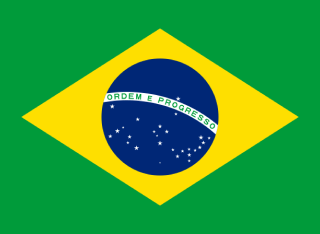
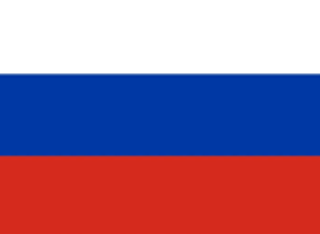
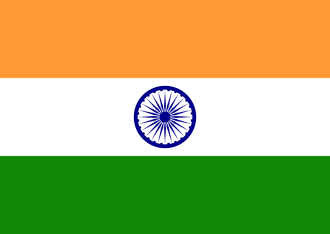

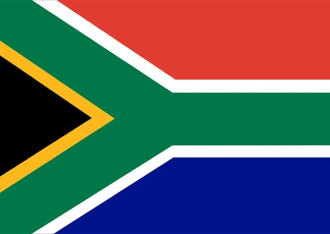

Startups are at the forefront of driving economic growth, technological innovation, and societal impact globally, playing a pivotal role in shaping the future. Recognizing this, fostering cross-border exchange of knowledge, expertise, and resources is essential for the holistic development of startups and their ecosystems across BRICS nations. Collaboration among them is essential to achieve the SDGs to reduce poverty, promote entrepreneurship, provide employment opportunities, and generate sustainable livelihoods across the world. With this vision, the BRICS Startup Forum was announced in 2021, during India’s Presidency. The BRICS Startup Forum aims to promote cross-border collaboration through various entrepreneurial activities amongst the BRICS nations.
The BRICS Startup Knowledge Hub was launched on 31st January 2025 as part of the BRICS Startup Forum. The Agenda for the program may be found here. The BRICS Startup Knowledge Hub (microsite) is the first-ever BRICS Startup Knowledge Repository which lays the foundation for multilateral cooperation and engagement among the BRICS countries to develop and hone their startup ecosystems. The Knowledge Repository aims to enable startups, investors, incubators, and aspiring entrepreneurs of BRICS countries to collaborate and exchange knowledge.
The Knowledge Hub will serve as a one-stop gateway to the BRICS startup ecosystem, offering valuable insights into the unique entrepreneurial landscapes of each member country. As a dynamic engagement platform and comprehensive digital resource, it will bridge the gap between startups, investors, and stakeholders, unlocking opportunities for collaboration and growth within the BRICS nations.
ᱵᱟᱲᱛᱤ ᱵᱟᱰᱟᱭ:

To foster collaboration and deeper engagement between the startup ecosystems of all BRICS countries.
To connect with and amplify the BRICS countries’ Startup ecosystems.

Promoting cross border collaborations through various entrepreneurial activities amongst the BRICS nations.
To give a stage to Startups from India and BRICS countries and helping them to generate business, funding and mentorship opportunities.
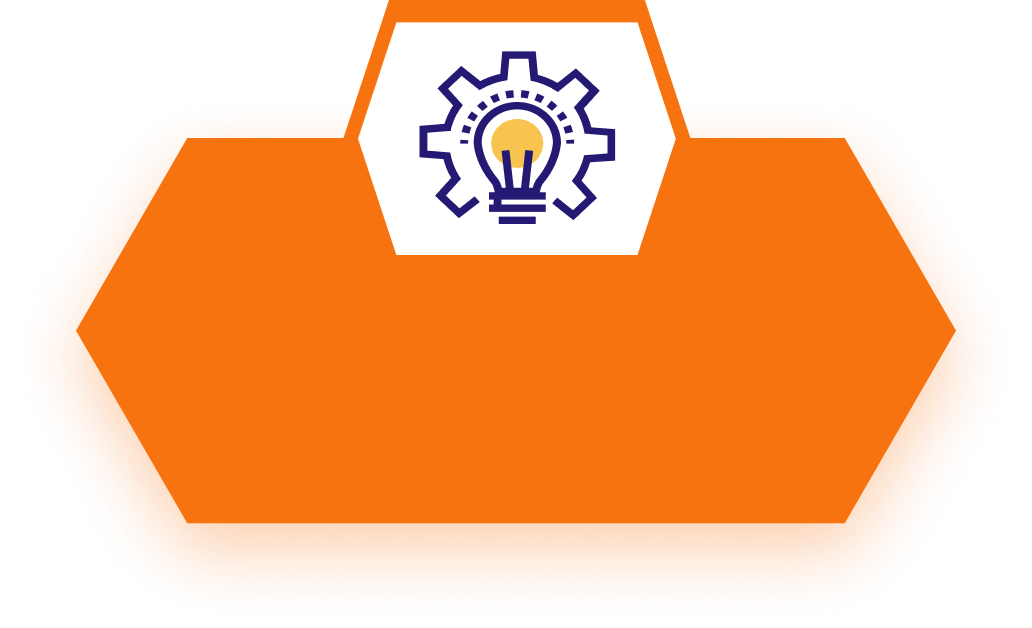
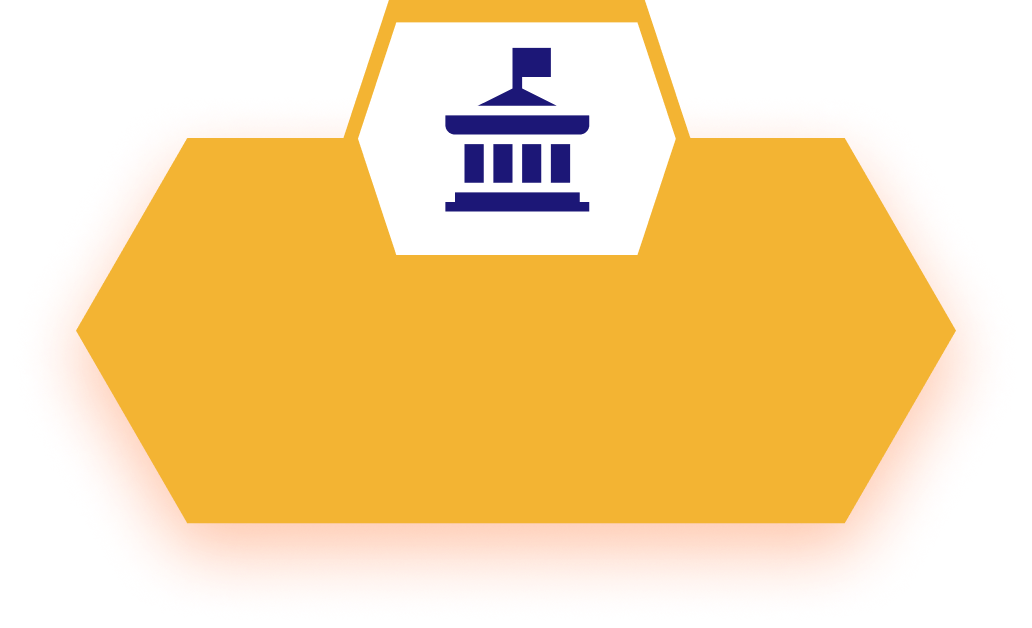
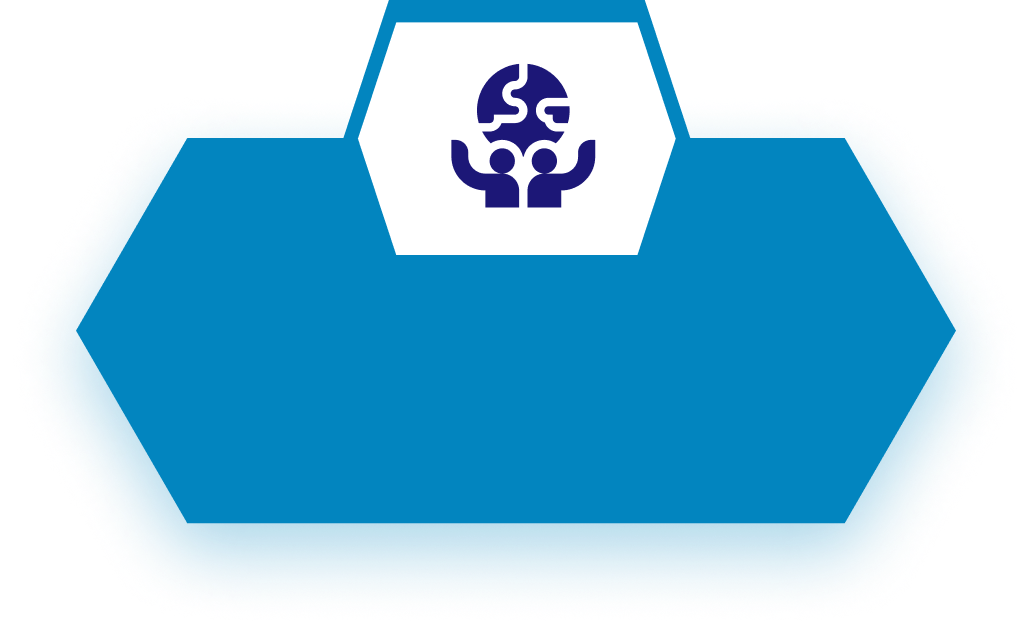
Population: 212.6 million
GDP (in USD): $3.967 trillion (2023)
Human Development Index: 0.802, ranking 67th globally
Global Innovation Index: 50
Number of Startups: 16,000+ (2024)
Number of unicorns: 24
Leading startup sectors: Fintech, Edtech, Agritech and New Food
Investor pool and funding: $119B
Active innovation agencies and incubators: Startup Brasil, Google For Startups Accelerator Brazil, Gupy, Loft
Brazil is the largest startup ecosystem in Latin America and one of the largest in the world. The number of startups in Brazil has been growing consistently in recent years.
Brazilian startups are diversifying, with notable growth in sectors such as technology, fintech, healthtech, edtech, agrotech, and e-commerce.
The Brazilian government has been investing in initiatives to support startups, such as the Conecta Startup Brasil program (Conecta Startup Brasil) and the Centelha Program (Centelha Program), which provide financial resources, mentorship, and connections with investors.
The Brazilian startup ecosystem is increasingly globalized, with several startups attracting international investments and expanding their operations to other markets, especially in Latin America, Europe, and the United States. The innovation infrastructure in Brazil is becoming more robust, with cities like São Paulo, Florianópolis, Belo Horizonte, Recife, and Campinas standing out as hubs for innovation and entrepreneurship.
Open banking, artificial intelligence, 5G, and blockchain are among the most promising technologies in Brazil’s startup ecosystem, with many companies exploring these fields. Additionally, there is a growing demand for sustainable solutions and social-environmental impact, with several startups focusing on innovations that help address issues such as climate change and social inequality. Among the key promoting agents are BNDES (National Bank for Economic and Social Development) and Finep (Funding Authority for Studies and Projects), which provide credit lines, financing, and support for innovative projects.
The Brazilian Service for Support to Micro and Small Enterprises (Sebrae) offers support, training, consultancy, and resources for small entrepreneurs at various stages of development. The National Association of Entities Promoting Innovative Enterprises (Anprotec) also plays a crucial role.
Brazilian universities, such as USP, UNICAMP, UFMG, among others, play a significant role in fostering research and development, as well as promoting entrepreneurship programs like incubators and innovation centers. CNPq (National Council for Scientific and Technological Development) encourages innovation and entrepreneurship through grants, awards, and projects.
ABStartup (Brazilian Startup Association) represents and supports startups, working on legal, fiscal, and public policy matters, while Anjos do Brasil is another network that connects angel investors with startups, fostering entrepreneurship and innovation.
Among the key promoting agents are BNDES (National Bank for Economic and Social Development) and Finep (Funding Authority for Studies and Projects), which provide credit lines, financing, and support for innovative projects.
Reference Material:- Click here to know more
As per Statista, Worldometer, International Monetary Fund, UNDP Human Development Report, 2024 Global Innovation Index, Tracxn, Startup India website, Startup Genome
Population: 141.6 million
GDP (in USD): 2.01 trillion USD
Human Development Index: around 0.821, ranking 56th globally
Global Innovation Index: 59
Number of Startups: 25,800+
Leading startup sectors: IT, Fintech, Edtech, Healthtech, and Transportation
Investor pool and funding: $67.3 billion
Active innovation agencies and incubators: Ministry of Education and Science, Ministry of Industry and Trade, Skolkovo Foundation, Sberbank-500, MTS StartUp Hub
Reference Material:- Click here to know more
As per Statista, Worldometer, International Monetary Fund, UNDP Human Development Report, 2024 Global Innovation Index, Tracxn, Startup India website, Startup Genome
Population: 1.4 billion
GDP (in USD): $4.27 trillion
Human Development Index: 0.644, ranking 134 globally
Global Innovation Index: 39
Number of Startups: 164,000+ (February 2025)
Number of unicorns: 118
Leading startup sectors: IT, Healthcare and Lifesciences, Education, Agriculture, Construction
Investor pool and funding: $560B
Active innovation agencies and incubators: Department for Promotion of Industry and Internal Trade (DPIIT), Startup India, Atal Innovation Mission, Ministry of Electronics and Information Technology (MEITY), Department of Science and Technology (DST)
Reference Material:- Click here to know more
As per Statista, Worldometer, International Monetary Fund, UNDP Human Development Report, 2024 Global Innovation Index, Tracxn, Startup India website, Startup Genome
Population: 1.4 billion
GDP (in USD): $18.28 trillion
Human Development Index: 0.788, ranking 75th globally
Global Innovation Index: 11
Number of Startups: 95,600+
Number of unicorns: 245
Leading startup sectors: E-commerce and Retail, Transportation, Hardware and IoT (Internet of Things), Electric Vehicles, Artificial Intelligence (AI), Fintech, and Health Technology
Investor pool and funding: $1.02 trillion
Active innovation agencies and incubators: Tencent WeStart, Innovation Valley, Innoway Global Incubator, Zeroth.ai
Reference Material:- Click here to know more
As per Statista, Worldometer, International Monetary Fund, UNDP Human Development Report, 2024 Global Innovation Index, Tracxn, Startup India website, Startup Genome
Population: 64 million
GDP (in USD): $863 billion (2023)
Human Development Index: 0.717, ranking 110th globally
Global Innovation Index: 69
Number of Startups: 31,900+
Number of unicorns: 2
Leading startup sectors: Fintech, AI, Big Data & Analytics, Proptech
Investor pool and funding: $62.3 billion USD
Active innovation agencies and incubators: CortexHub, LaunchLab, Riversands Incubation Hub, Fetola, Multichoice Innovation Fund
In 2024, the South African startup ecosystem was ranked 52nd globally.
South Africa is home to over 600+ startups spanning from energy to the fintech industry.
In 2024, the venture capital investments surpassed $164 million for the first time with a shift to larger deals with fewer companies.
In December 2024, South Africa had its first unicorn.
South Africa’s startup ecosystem is more than Fintech, with more diversity from key areas such as climate tech, mainly driven by solar energy and mobility startups, ICT, healthcare, edtech, agriculture, advanced manufacturing, and mining.
Deeptech is emerging as the next frontier in South Africa’s startup ecosystem, but barriers remain to growth and scale.
The investment ecosystem is performing despite a hard regulation environment. (While existing regulations around IP, exchange controls, and visas present barriers for the ecosystem, the government has enabled the ecosystem in other ways.)
The private sector plays a big role in driving startup investments in South Africa.
Reference Material and Relevant Links:
As per Statista, Worldometer, International Monetary Fund, UNDP Human Development Report, 2024 Global Innovation Index, Tracxn, Startup India website, Startup Genome
Population: 107 million (2023)
GDP (in USD): US$345.87 billion
Human Development Index: 0.728, ranking 105th globally
Global Innovation Index: 86
Number of Startups: 7,300+
Number of unicorns: 2
Leading startup sectors: E-Commerce, Fintech, E-Health
Investor pool and funding: $14.7 billion
Active innovation agencies and incubators: Icealex, Startups of Alex. StartEgypt. Misr Digital Innovation
Egypt leads as the top startup ecosystem in Northern Africa.
Cairo, Egypt's capital, secured the 3rd position in the MENA region's startup ecosystem rankings.
In 2024, Egyptian startups raised a total of $329 million across 78 funding rounds, maintaining a leading position in Africa's startup landscape.
There were approximately 80.75 million internet users in Egypt at the beginning of 2023.
Reference Material and Relevant Links:
As per Statista, Worldometer, International Monetary Fund, UNDP Human Development Report, 2024 Global Innovation Index, Tracxn, Startup India website, Startup Genome
Population: 133.89 million
GDP (in USD): 145.03 billion
Human Development Index: 0.49, ranking 186th globally
Global Innovation Index: 130
Number of Startups: 1,800+
Number of unicorns: N/A
Leading startup sectors: E-Commerce, Fintech, Agritech
Investor pool and funding: $1.06 billion
Active innovation agencies and incubators: BIC Ethiopia, Iceaddis, SNNPRS ICT Business Incubation Center
As per Statista, Worldometer, International Monetary Fund, UNDP Human Development Report, 2024 Global Innovation Index, Tracxn, Startup India website, Startup Genome
Population: 86.63 million
GDP (in USD):$478.1 billion
Human Development Index: 0.780, ranking 78th globally
Global Innovation Index: 64
Number of Startups: 3,500+
Number of unicorns: N/A
Leading startup sectors: Fintech, Insurance tech, Messaging, Networking and Communication
Investor pool and funding: $674 million
Active innovation agencies and incubators: Kermanshah Science and Technology Park, Urmia University Growth, Innovation, and Entrepreneurship Centre, Iran Association of Science Parks and Innovation Organizations
As per Statista, Worldometer, International Monetary Fund, UNDP Human Development Report, 2024 Global Innovation Index, Tracxn, Startup India website, Startup Genome
Population: 11.08 million
GDP (in USD): $545.1 billion
Human Development Index: 0.937, ranked 17th globally
Global Innovation Index: 32
Number of Startups: 37,400+
Number of unicorns: 11
Leading startup sectors: Real Estate, E-Commerce, Fintech, Oil and Gas, Healthcare
Investor pool and funding: $90.4 billion
Active innovation agencies and incubators: in5 Innovation Hub, Hub71, DIFC, Mohammed Bin Rashid Innovation Fund, Innovest Middle East
As per Statista, Worldometer, International Monetary Fund, UNDP Human Development Report, 2024 Global Innovation Index, Tracxn, Startup India website, Startup Genome
Population: 280 million
GDP (in USD): $1.492 trillion (nominal; 2025 est)
Human Development Index: 0.713, ranked 112 globally
Global Innovation Index: 54
Number of Startups: 37,400+
Number of unicorns: 11
Leading startup sectors: Fintech, E-Commerce, Transportation, Renewable Energy, Healthcare
Active innovation agencies and incubators: Gojek Xcelerate, Maloekoe Ventures, Indigo by Telkom Indonesia, Ideabox
As per Statista, Worldometer, International Monetary Fund, UNDP Human Development Report, 2024 Global Innovation Index, Tracxn, Startup India website, Startup Genome
Population: 34.15 million
GDP (in USD): $2.112 trillion
Human Development Index: 0.875, ranking 40th globally
Global Innovation Index: 47
Number of Startups: 9.13k
Leading startup sectors: Information Technology, Mining and Metals, Energy, Real Estate, Transport and Logistics, Healthcare and Lifesciences
Active innovation agencies and incubators: Blossom Accelerator, Startup Avicena, HASSAD, Flat6 Labs, Riyadh TechStars Accelerator, BIAC Innovation Center
As per Statista, Worldometer, International Monetary Fund, UNDP Human Development Report, 2024 Global Innovation Index, Tracxn, Startup India website, Startup Genome
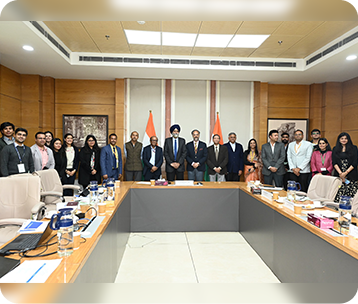
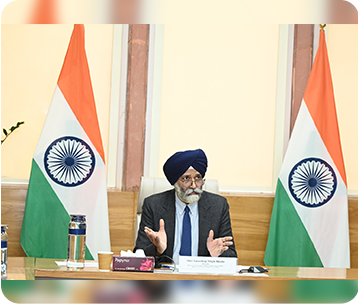
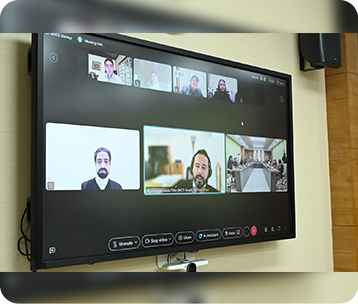
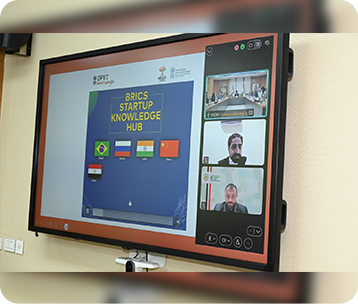
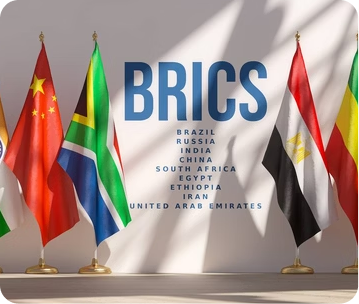
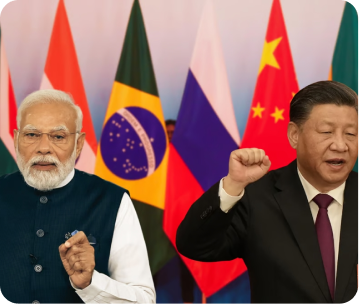
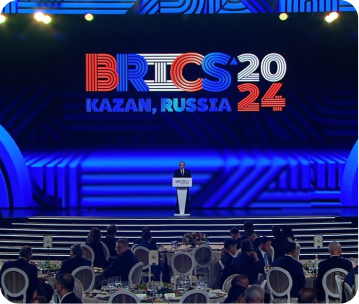
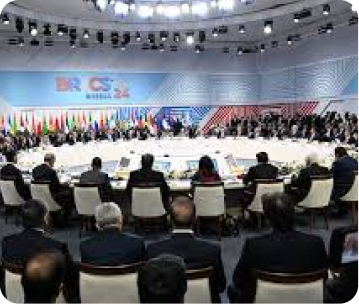
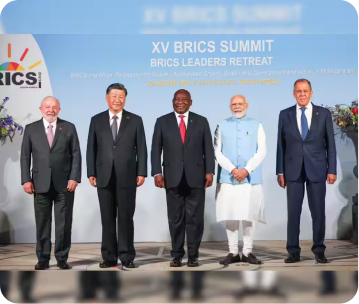
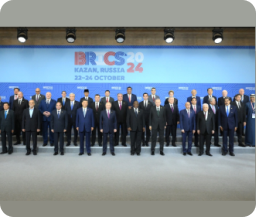

Duration (IST) |
Engagements |
Speakers |
|---|---|---|
04.30 PM - 04.40 PM |
Introduction and Context Setting |
Shri Sanjiv, Joint Secretary, Ministry of Commerce and Industry, Department for Promotion of Industry and Internal Trade (DPIIT), Government of India |
04.40 PM - 04.45 PM |
Keynote Address |
Prof. Abhay Karandikar, Secretary, Department of Science & Technology (DST), Ministry of Science and Technology, Government of India |
04.45 PM - 04.50 PM |
Specil Address |
Shri Amardeep Singh Bhatia, Secretary, Department for Promotion of Industry and Internal Trade (DPIIT), Ministry of Commerce and Industry, Government of India |
04.50 PM - 05.50 PM |
Special Address by BRICS Country Members (TBC) |
Special Address by ministers of:
|
05.50 PM - 06.00 PM |
Virtual Launch of the BRICS Startup Knowledge Hub |
N/A |
06.00 pm – 6.10 pm |
Way Forward |
Shri Agrim Kaushal, Economic Adviser, Office of the Economic Adviser (DPIIT), Ministry of Commerce and Industry, Government of India |
06.10 pm – 6.15 pm |
Vote of Thanks |
Dr. Praveen Kumar Somasundaram, Head, International Cooperation Division, Department of Science & Technology (DST), Ministry of Science and Technology,Government of India |

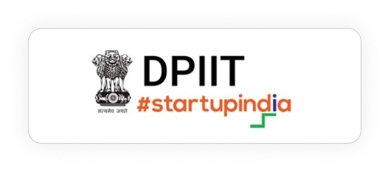
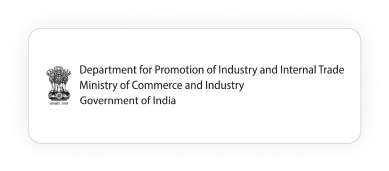
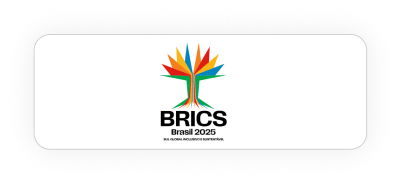
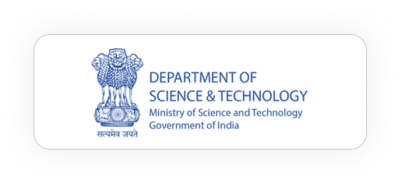
ᱟᱢᱟᱜ ᱯᱟᱥᱣᱟᱨᱰ ᱨᱮ ᱫᱚ ᱠᱚᱢ ᱠᱷᱚᱱ ᱠᱚᱢ ᱛᱟᱦᱮᱱ ᱞᱟᱜᱛᱤ:
* ᱟᱢᱟᱜ ᱯᱟᱥᱣᱟᱨᱰ ᱨᱮ ᱫᱚ ᱠᱚᱢ ᱠᱷᱚᱱ ᱠᱚᱢ ᱛᱟᱦᱮᱱ ᱞᱟᱜᱛᱤ:
Please Complete Your Profile to Access This.

ᱮᱥᱴᱟᱨᱴᱚᱯ ᱤᱱᱰᱤᱭᱟ ᱯᱳᱨᱴᱚᱞ ᱫᱚ ᱢᱤᱛ ᱨᱚᱠᱚᱢᱟᱜ ᱚᱱᱞᱟᱭᱮᱱ ᱯᱳᱨᱴᱚᱞ ᱠᱟᱱᱟ ᱵᱷᱟᱨᱚᱛ ᱨᱮ ᱮᱥᱴᱟᱨᱴᱚᱯ ᱤᱠᱳᱥᱤᱥᱴᱚᱢ ᱫᱚ ᱡᱚᱛᱚ ᱦᱤᱛᱠᱮᱨ ᱠᱚ ᱞᱟᱹᱜᱤᱫ ᱠᱟᱱᱟ.




ᱟᱢᱟᱜ ᱯᱟᱥᱣᱟᱨᱰ ᱮᱢ ᱦᱤᱲᱤᱧ ᱟᱠᱟᱫᱟ
ᱱᱮᱦᱚᱨ ᱟᱢᱟᱜ ᱤᱢᱮᱞ ᱟᱭᱰᱤ ᱨᱮ ᱠᱩᱞ ᱟᱠᱟᱫ ᱟᱢᱟᱜ ᱳᱴᱤᱯᱤ ᱟᱫᱮᱨ ᱢᱮ
ᱱᱮᱦᱚᱨ ᱟᱢᱟᱜ ᱯᱟᱥᱣᱟᱨᱰ ᱵᱚᱫᱚᱞ ᱢᱮ